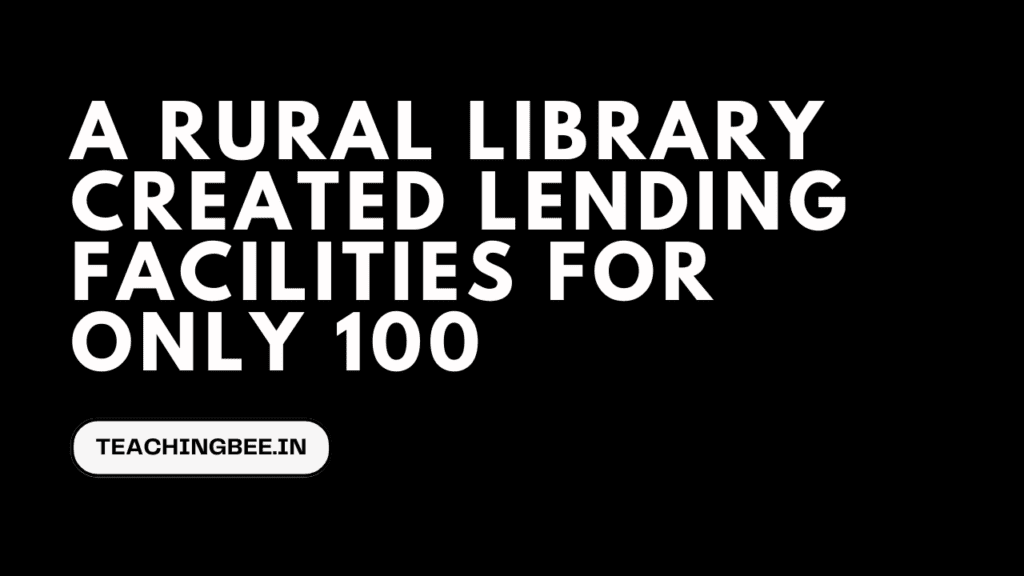Table of Contents
TogglePassage:
The Indian government’s intention of introducing caste based quotas for the Other Backward Classes in centrally funded institutions of higher learning and the prime minister’s suggestion to the private sector to voluntarily go in for reservation, has once again sparked off a debate on the merits and demerits of caste-based reservations.
Unfortunately, the predictable divide between the votaries of social justice on one hand and those advocating merit on the other seems to have once again camouflaged the real issues. It is necessary to take a holistic and non-partisan view of the issues involved. The hue and cry about sacrificing merit is untenable simply because merit is after all a social construct and it cannot be determined objectively in a historically unjust and unequal context.
The idea of competitive merit will be worthy of serious attention only in a broadly egalitarian context. But then, caste is not the only obstacle in the way of an egalitarian order. After all, economic conditions, educational opportunities and discrimination on the basis of gender also contribute to the denial of opportunity to express one’s true merit and worth. It is interesting to note that in the ongoing debate, one side refuses to see the socially constructed nature of the notion of merit, while the other side refuses to recognise the multiplicity of the mechanisms of exclusion with equal vehemence.
The idea of caste-based reservations is justified by the logic of social justice. This implies the conscious attempt to restructure a given social order in such a way that individuals belonging to the traditionally and structurally marginalised social groups get adequate opportunities to actualise their potential and realise their due share in the resources available. In any society, particularly in one as diverse and complex as the Indian society, this is going to be a gigantic exercise and must not be reduced to just one aspect of state policy.
Seen in this light, caste-based reservation has to work in tandem with other policies ensuring the elimination of the structures of social marginalisation and denial of access. It has to be seen as a means of achieving social justice and not an end in itself. By the same logic it must be assessed and audited from time to time like any other social policy and economic strategy.
Q1: What is the author most likely to agree with?
- Caste-based reservation is the answer to India’s problems.
- Gender-based reservation is the answer to India’s problems.
- There is no solution to bridge the gap between privileged and under-privileged.
- None of these.
Answer
Correct Answer: None Of these
Explanation
The author in this comprehension clearly states that only caste based reservation will not help in building gap between privileged and under-privileged and it was to work with other policies to bridge the gap.
So, no options matches for which to what is author most likely to agree with.
So correct option is none of these.
Conclusion
In this article we discussed question asked in various aptitude exams of various companies. Checkout Other commonly asked questions here
Got a question or just want to chat? Comment below or drop by our forums, where a bunch of the friendliest people you’ll ever run into will be happy to help you out!




